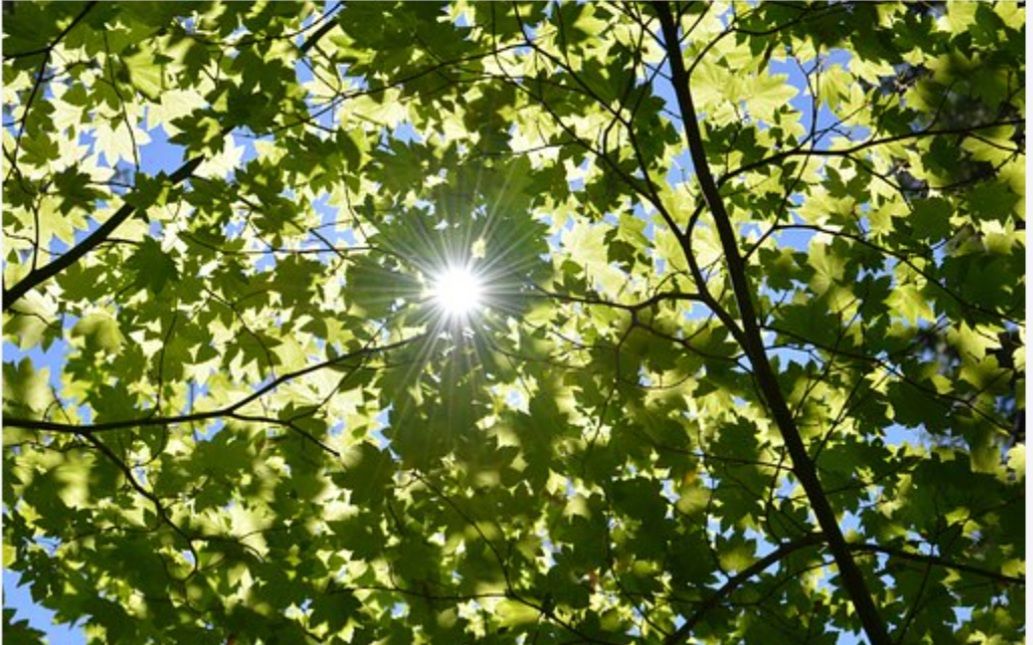
Seeking out the most elderly and senior scholars
In The Name of Allah, The Most Merciful, The Bestower of Mercy.
The question: This questioner, Ahmad Kashuqah from Amman, Jordan, says: O revered Shaikh, when the statements of the scholars differ regarding the ruling on a particular issue—some saying it is Makruh (disliked), some say it is Haraam (unlawful) and some say Laa Yajuz (it is not allowed), is the verdict Haraam the best of these statements and is this always the case? And if they differ regarding a matter being allowed, recommended and that there is no harm regarding it, is the verdict recommended the best statement, and is this always the case?
Response: There is a detail clarification regarding this matter. It is incumbent upon the one seeking a verdict to examine the matter [ويتحرى من هو أقرب إلى الخير والعلم والفضل وأقرب إلى إصابة الحق – and carefully seek for the one closest to goodness, knowledge and virtue, and closer to reaching the truth] in order to follow their fatwa. If one exercises caution, while the matter is a situation where this one says “haraam”, that one says “It is not Haraam”, he exercises caution and leaves it. This would be better. The Prophet, peace and blessings of Allah be upon him, said: “Leave that which makes you doubt for that which does not make you doubt.” [a] “So whoever took caution regarding the ambiguous matters has absolved himself regarding his religion and his honour”.[b]
However, if he is able, he carefully seeks until he knows [من هو أكثر علمًا، ومن هو أكثر ورعًا، ومن هو أقرب إلى الصواب – who has more knowledge, has more of that fear of Allah that makes a person abandon doubtful matters out of fear of falling into Haram, and the one who is closer to reaching what is correct] in order to follow his statement and so that his heart is at ease, similar to what the Prophet, peace and blessings of Allah be upon him, said: “Consult your heart”. [c] Righteousness is that about which the soul feels tranquil and the heart feels tranquil. If faced with differing fatwas, if the Fatwa differs, a believer examines and contemplates, and he is not hasty; [يتحرى من هو أقرب إلى الناس للإصابة من أهل العلم والبصيرة والورع والذي يرجح في قلبه أنه أقرب إلى الخير وأقرب إلى إصابة الحق – he seeks among the people of knowledge the one closest to reaching the truth, the possessors of clear-sightedness and that fear of Allah that makes a person avoid doubtful matters out of fear of falling into what is forbidden – the one his heart considers to be closer to good and closer to reaching the truth].
Similarly, in matters of recommendation, if there is disagreement regarding whether something is recommended or permissible, one should carefully consider the opinions. If his heart holds an overwhelming inclination -based on what is apparent – towards the statement of the one who says that the matter is recommended, he should act on the recommendation. If your heart is at ease that the matter is permissible only, it should be treated as permissible. The goal (intent) regarding all of this is that the one who seeks fatwa or the listener should examine and contemplate without haste, he examines the situation and circumstances of the Muftis, and he examines what is closer to good in terms of them having that fear of Allah that makes a person avoid doubtful matters out of fear of falling into Haram, their careful pursuit of the truth, and their good reputation, among other things. [end of quote]
———————————————————————————-
Footnotes:
[a] https://www.nawawis40hadith.com/nw/hadith/11/leaving-doubt
[b] https://www.nawawis40hadith.com/nw/hadith/6/the-doubtful-matters
[c] https://www.nawawis40hadith.com/nw/hadith/27/righteousness-and-sin
[d] https://www.alfawzan.af.org.sa/ar/node/15726
السؤال: هذا السائل أحمد كشوقة من الأردن عمان يقول: سماحة الشيخ: إذا اختلفت أقوال العلماء في حكم مسألة ما، فمنهم من قال: مكروه، ومنهم من قال: حرام، ومنهم من قال: لا يجوز، فهل أحسن القول في هذه الأحكام هو الحرام؟ وهل هذا دائمًا؟ وإذا اختلفوا على مسألة بأنها جائزة مستحبة لا بأس بها فهل الأحسن القول هو الاستحباب؟ وهل هذا دائمًا، وجهونا بهذا مأجورين؟
الجواب: هذا فيه تفصيل على المستفتي أن ينظر في الأمر، ويتحرى من هو أقرب إلى الخير والعلم والفضل وأقرب إلى إصابة الحق حتى يأخذ بفتواه، وإذا احتاط والمسألة: هذا يقول: حرام، وهذا يقول: ليس بحرام، واحتاط وترك ذلك فهذا حسن؛ لقول النبي ﷺ: دع ما يريبك إلى ما لا يريبك من اتقى الشبهات فقد استبرأ لدينه وعرضه ولكن إذا تيسر له أن يتحرى حتى يعرف من هو أكثر علمًا، ومن هو أكثر ورعًا، ومن هو أقرب إلى الصواب حتى يأخذ بقوله، حتى يطمئن قلبه، مثلما قال ﷺ: استفت قلبك البر ما اطمأنت إليه النفس واطمأن إليه القلب، إذا اختلفت عليه الفتاوى، إذا اختلفت الفتوى فالمؤمن ينظر ويتأمل ولا يعجل، يتحرى من هو أقرب إلى الناس للإصابة من أهل العلم والبصيرة والورع والذي يرجح في قلبه أنه أقرب إلى الخير وأقرب إلى إصابة الحق، وهكذا في الاستحباب إذا اختلفوا هذا سنة أو مباح يتحرى، فإذا غلب على قلبه واطمأن قلبه إلى قول من قال: إنه مستحب، عمل عمل المستحب، وإذا اطمأن قلبك إلى أنه مباح فقط عامله معاملة المباح.
والمقصود من هذا كله أن المستفتي أو السامع ينظر ويتأمل ولا يعجل، وينظر حال المفتين وأحوالهم، وينظر ما هو أقرب إلى الخير من جهة ورعهم ومن جهة تحريهم الحق، ومن جهة سمعتهم الحسنة، إلى غير ذلك
https://binbaz.org.sa/fatwas/8821/%D9%85%D9%88%D9%82%D9%81-%D8%A7%D9%84%D9%85%D8%B3%D8%AA%D9%81%D8%AA%D9%8A-%D8%A7%D8%B0%D8%A7-%D8%A7%D8%AE%D8%AA%D9%84%D9%81%D8%AA-%D8%A7%D9%82%D9%88%D8%A7%D9%84-%D8%A7%D9%84%D9%85%D9%81%D8%AA%D9%8A%D9%86

